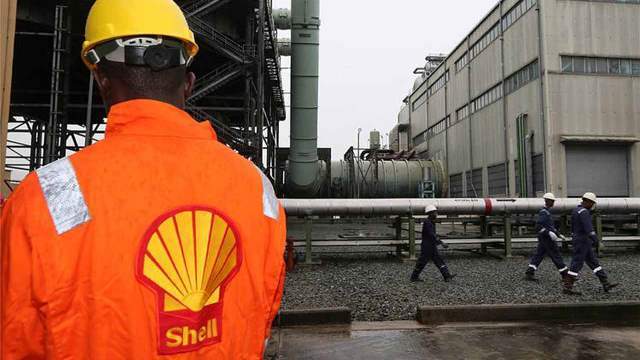The Dutch Court of Appeal has overturned a prior ruling that required Shell to reduce its global carbon footprint by 45% by 2030, S&P Global reported.
This decision, handed down on November 12, nullified a 2021 District Court order resulting from a case brought by Friends of the Earth Netherlands. While Shell initially committed to emissions reductions aligned with its goal of becoming a net-zero company by 2050, it appealed the earlier ruling, arguing it unfairly targeted the company.
Exxon projects oil, gas will continue to take up majority of world energy demand in 2050 | OilNOW
The Appeal Court determined that setting such specific emissions targets for Shell was beyond its authority, noting that governments, rather than individual companies, have the primary role in upholding human rights protections related to climate change. The court acknowledged that companies do have social due diligence responsibilities but found there was no clear consensus in climate science that mandates a specific emissions reduction percentage for Shell.
Shell welcomed the verdict, with Chief Executive Officer (CEO) Wael Sawan affirming: “Our target to become a net-zero emissions energy business by 2050 remains at the heart of Shell’s strategy and is transforming our business.”
The company reiterated its commitments, including halving its operational emissions by 2030 and reducing emissions from customer use of its products by up to 20% by 2030. Shell argued that a judicial mandate to cut emissions could be ineffective in reducing overall demand for fossil fuels, as consumers might simply switch to other suppliers. Friends of the Earth and other campaigners still have the option to appeal to the Dutch Supreme Court.
The same day, proceedings began in Scotland’s Court of Session to address whether UK regulatory approval of certain North Sea oil and gas projects by Shell and other companies was improper, given an alleged failure to account for emissions from the consumption of the resources. Campaigners, including Greenpeace and Uplift, argue that approvals for Shell’s Jackdaw project and Equinor and Ithaca Energy’s Rosebank project should be revoked. Shell defended Jackdaw’s compliance with all necessary permits and emphasized the technical difficulties of halting work at this stage, given that infrastructure and drilling are already in progress.




